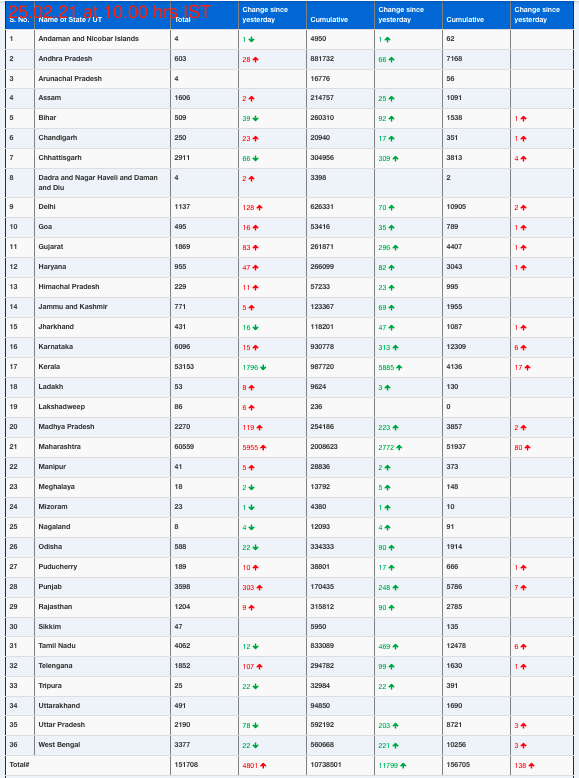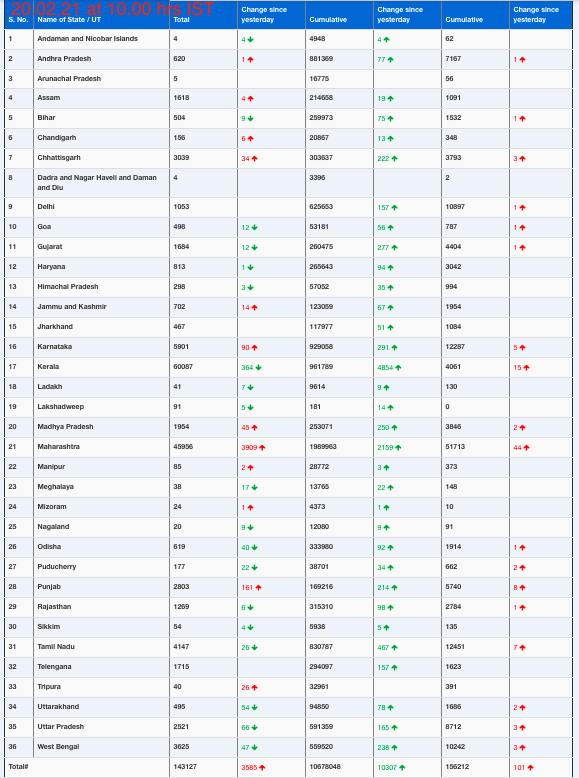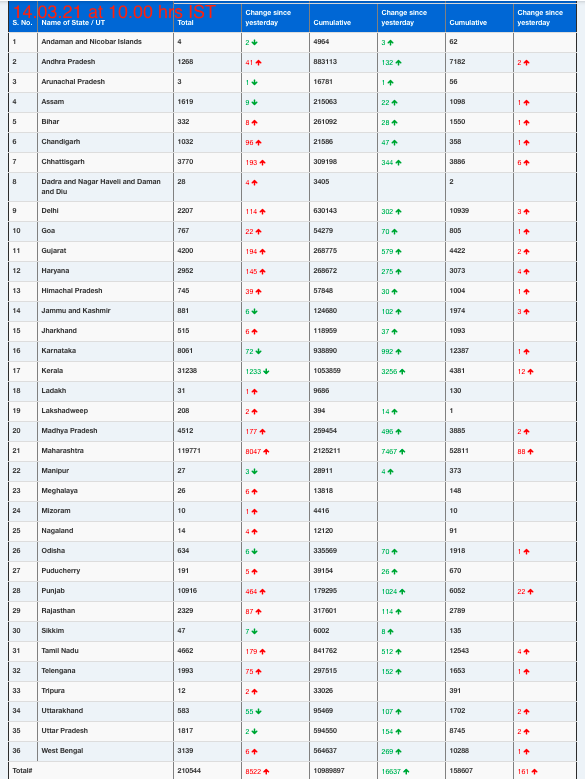The Ministry of Social Justice and Empowerment has taken the following action for early detection and to address the drug problems:
(i) Ministry of Social Justice and Empowerment implements the scheme of National Action Plan for Drug Demand Reduction under which financial assistance is provided to ‘NGOs/VOs for running and maintenance of Integrated Rehabilitation Centres for Addicts (lRCAs), Community based peer Led intervention (CPLI) for early Drug Use Prevention among Adolescents and Outreach and Drop In Centres (ODIC) and Addiction treatment facilities (ATFs) in Government Hospitals’.
(ii) The Ministry has launched Nasha Mukt Bharat Abhiyaan (NMBA) in 272 identified vulnerable districts with an aim to create awareness about ill effects of substance abuse among the youth, with special focus on higher education institutes, university campuses and schools and reaching out into the community and concerned States/ UTs have been directed to launch their NMBA.
(iii) Ministry has developed Navchetna Modulesto be followed in the schools for generating awareness among the children, teachers and parents about ill effect of substance abuse under the scheme of NAPDDR.
(iv)Under Community Based Peer-Led Intervention (CPLI), focus has been placed on vulnerable and at risk children and adolescents in the community. Under the project, children aged between 10 to 18 years, are enrolled as peer educators who would in turn engage children in the community in awareness generation and life skills activities.
(v) The Outreach and Drop In Centres (ODICs) provide safe and secure drop-in space for substance users in the community. These centres have the provision of screening, assessment and counselling and thereafter provide referral and linkage to treatment and rehabilitation services for substance dependents.
(vi) Ministry is taking all measures and actions needed to strengthen the mechanism for demand reduction and control of use of substances. Under Nasha Mukt Bharat Abhiyaan, several awareness generation and sensitization programs are being conducted in the identified 272 districts of the country.
To analyse the extent of drug abuse in the country, Ministry of Social Justice and empowerment has conducted the first National Survey on Extent and Pattern of Substance Use in India through the National Drug Dependence Treatment Centre (NDDTC) of the All India Institute of Medical Sciences (AIIMS), New Delhi during 2018. The report of the survey was released in February, 2019. The report of the Survey presents the major findings in terms of proportion of Indian population using various substances and those affected by substance use disorders. As per the report, Alcohol is the most common psychoactive substance used by Indians followed by Cannabis and Opioids. About 16 Crore persons consume alcohol in the Country, 3.10 Crore individuals use cannabis products and 2.26 Crore use opioids. 2.40 More than 5.70 Crore individuals are affected by harmful or dependent alcohol use and need help for their alcohol use problems, about 25 lakh suffer from cannabis dependence and approximately 77 lakh individuals are estimated to need help for their opioid use problems.
It is as a result of the survey findings and in order to prevent the Substance use and dependence in the Country, the Ministry formulated and enacted National Action Plan for Drug Demand Reduction
(NAPDDR) to be implemented through a period of 2018-2025. Also to have an umbrella scheme under which projects and schemes can be implemented through both modes of funding as in a central sector and a centrally sponsored scheme, the earlier Scheme of Assistance for Prevention of Alcoholism and Substance (Drug) Abuse has been merged into NAPDDR. The resultant scheme of NAPDDR is an umbrella scheme under which all the projects, components and interventions have been converged and implemented in a focused manner with flexible utilization of funds allocated and human resources engaged for the scheme.
This information was given by Minister of State for Social Justice and Empowerment Shri Rattan Lal Katariain a written reply in Lok Sabha today.











